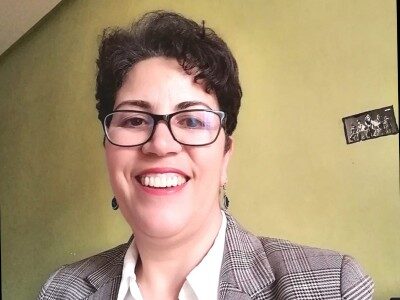For the first time in history, a woman has been elected to lead the International Nuclear Societies Council (INSC). Khadija Bendam of Morocco was appointed president on Tuesday during the General Assembly held in Vienna, which took place alongside the 69th General Conference of the International Atomic Energy Agency. Her appointment marks a groundbreaking moment for gender representation in the governance of civilian nuclear energy.
Beyond its symbolic weight, Bendam’s election highlights Morocco’s growing prominence in advanced scientific fields. It reflects the country’s rising influence in a strategic sector where technical expertise and global collaboration are essential.
Her path to the top of the INSC was part of a carefully structured process. Candidates ascend through the council’s executive ranks, serving successively as secretary, second vice-president, and then first vice-president before assuming the presidency. The full cycle spans five years, representing a long-term commitment to steering the direction of nuclear governance at the international level.
Bendam brings deep experience to the role. She currently oversees nuclear and radiological safety and security audits at Morocco’s National Center for Energy, Sciences and Nuclear Techniques (CNESTEN). She’s also an active voice on the global stage, leading Women in Nuclear Morocco, and holding leadership positions within WiN Global and WiN Africa. In addition, she serves as vice-president of the Arab Network of Women in CBRN Security—a field dealing with chemical, biological, radiological, and nuclear threats.
Her official appointment took place in front of delegates from around the world, including representatives from Australia, Belgium, Brazil, Canada, South Korea, Japan, Mexico, Pakistan, Slovakia, and the United States. This wide international presence underscored the INSC’s role as a unifying global platform.
Founded in 1990 by the International Group of Nuclear Societies, the INSC brings together nuclear societies from across the globe, representing over 80,000 professionals. As a non-governmental organization recognized by the IAEA and the United Nations Environment Programme, it functions as a global forum for shaping the future of nuclear policy and exchanging expert perspectives.
Khadija Bendam’s election is more than a personal milestone—it signals a broader shift. By choosing her to lead, the INSC is reaffirming its commitment to diversity and inclusive leadership, while also emphasizing the critical importance of international cooperation in one of the world’s most sensitive and strategic domains.
